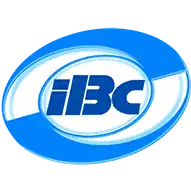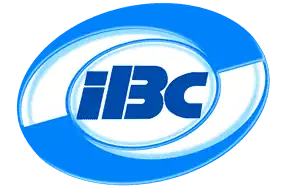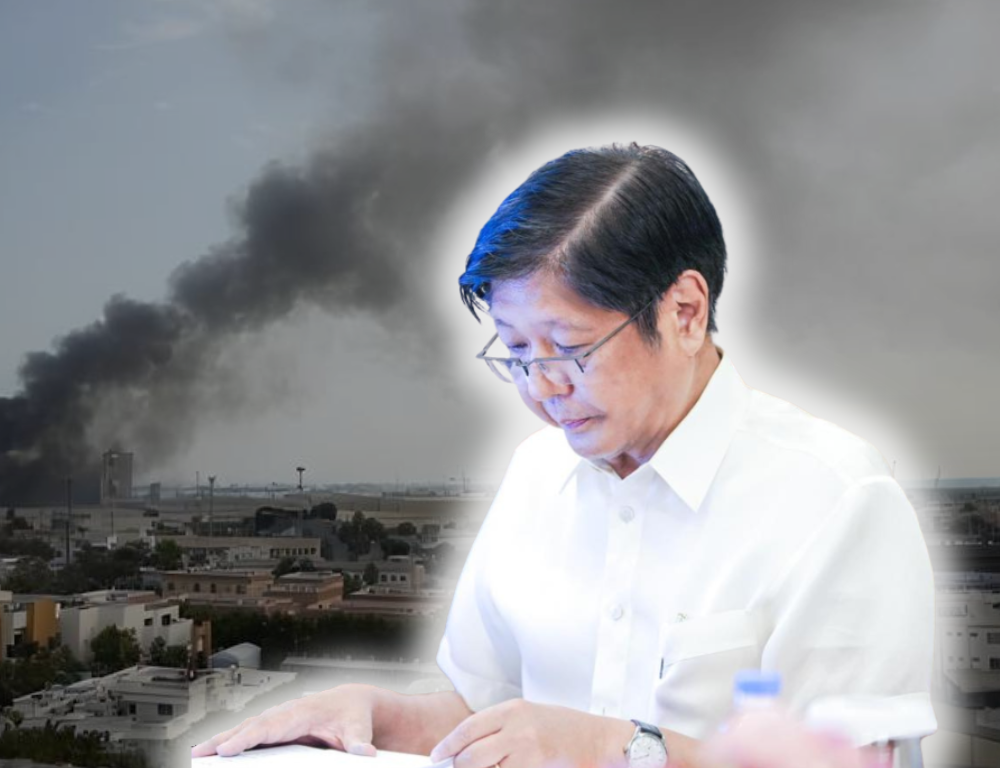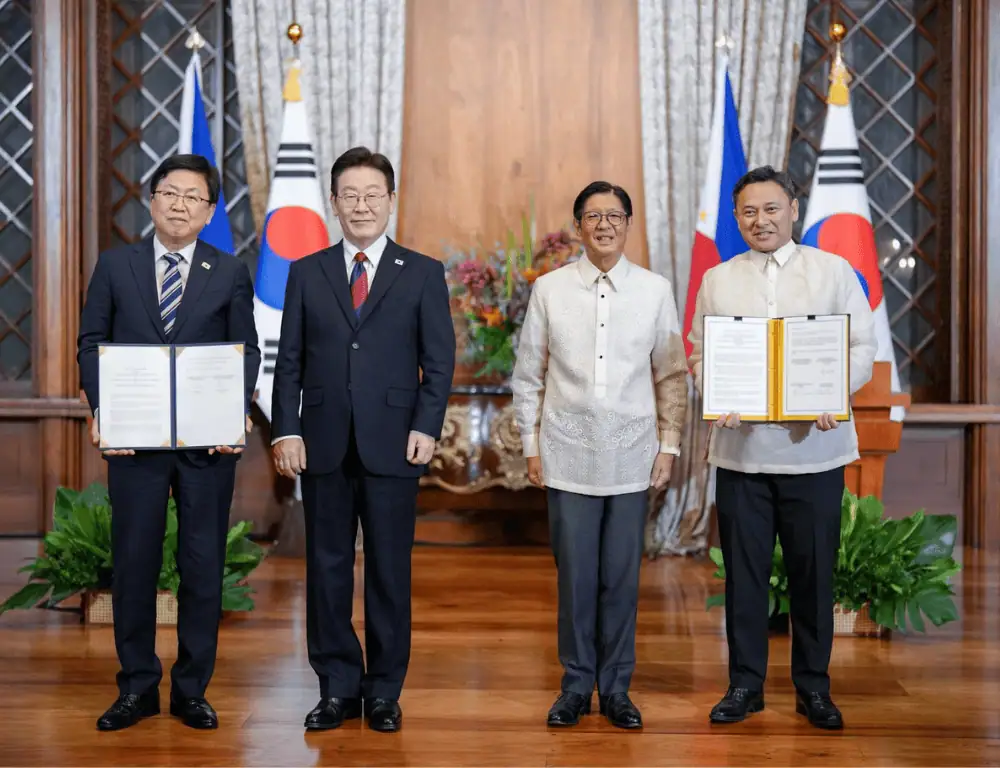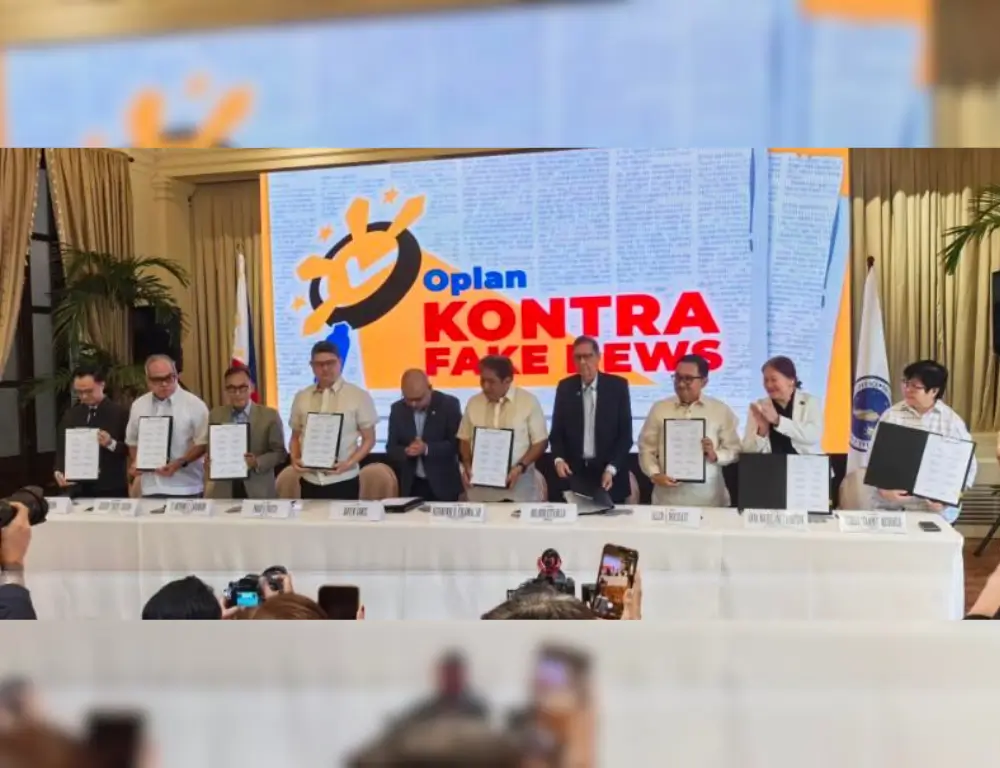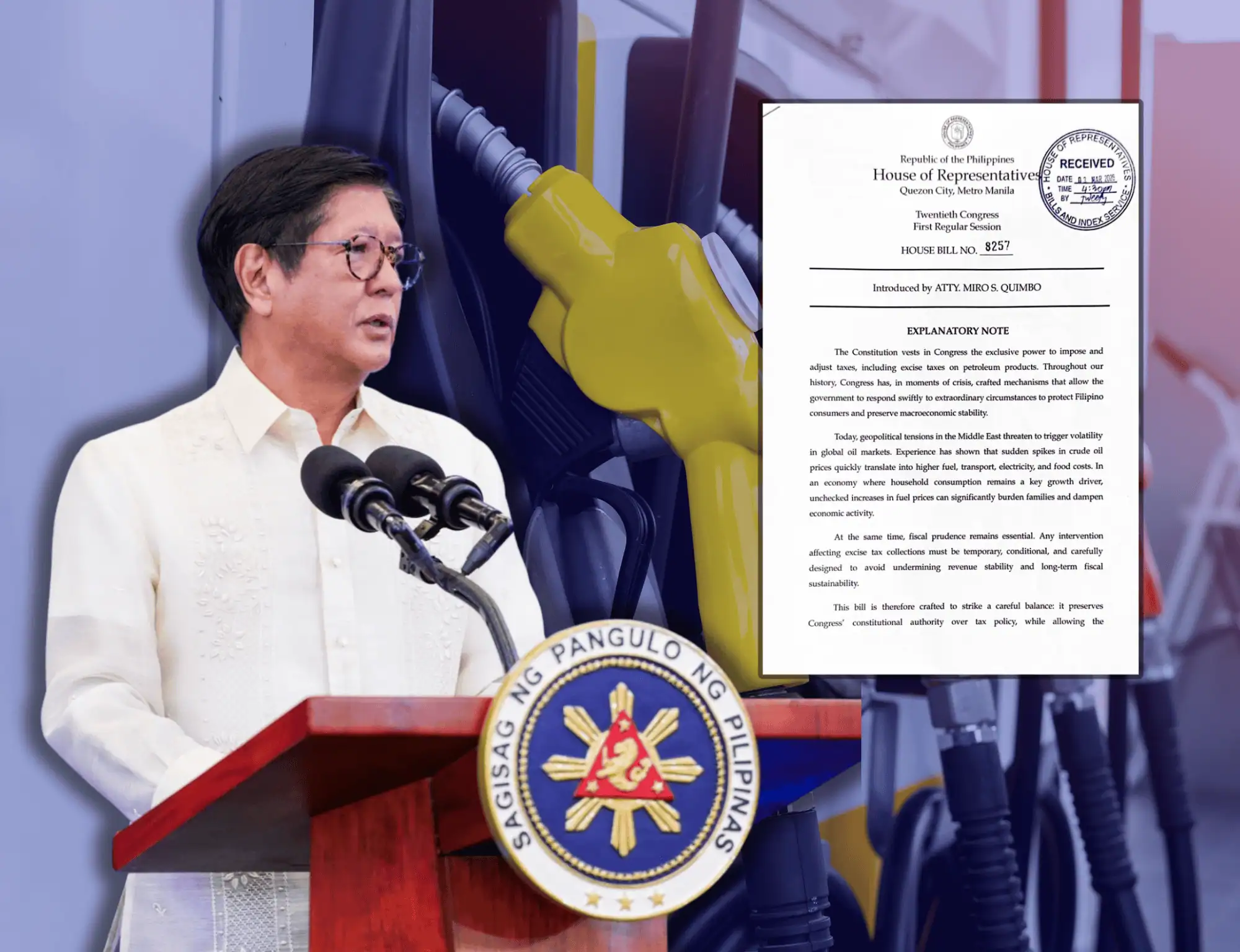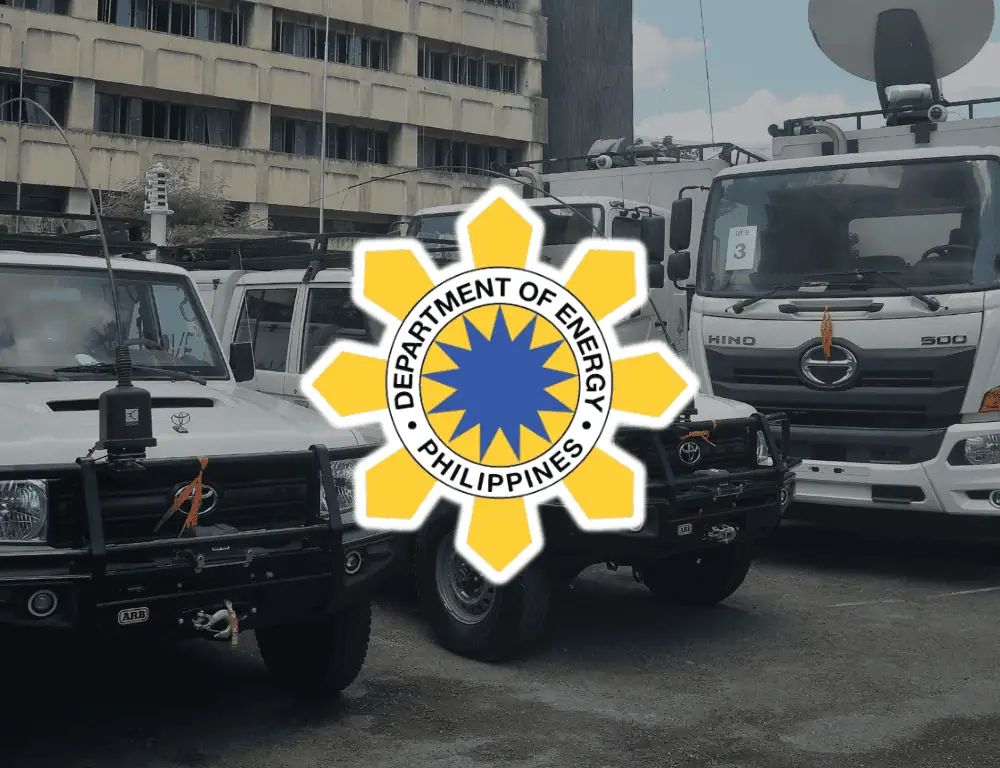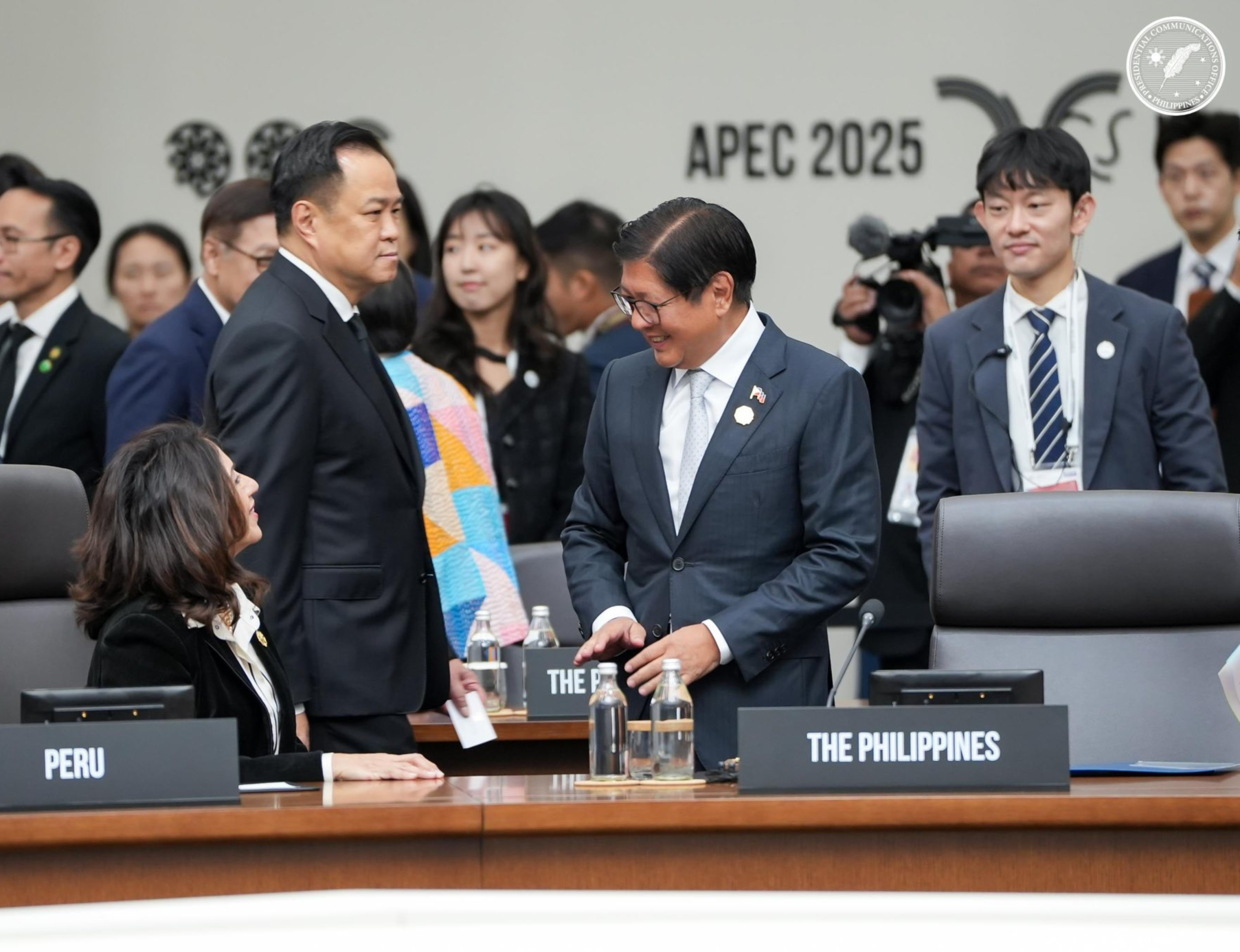
President Ferdinand R. Marcos Jr. returned to Manila on Sunday (Nov. 2) after what he called a “very productive” Asia-Pacific Economic Cooperation (APEC) Summit in Gyeongju, where leaders tackled global trade, artificial intelligence (AI) and climate action amid rising geopolitical and economic uncertainty.
The plane carrying the President and his delegation departed from Gimhae Air Base in this city at 11:55 a.m. (10:55 a.m. Manila time).
The trip capped a four-day working visit that saw Marcos push for deeper economic cooperation and stronger defense ties with South Korea and other Asia-Pacific countries.
“It was actually a very productive meeting because the subjects that were taken up are some of the most important and difficult ones that the Asia-Pacific countries are facing,” Marcos told reporters Saturday.
Marcos said APEC leaders exchanged views on trade liberalization, digital transformation and AI governance, as well as the ongoing global discussions on climate change mitigation and loss-and-damage funding.
Economic, defense push
On the sidelines of the APEC Summit, Marcos met with major South Korean conglomerates, including Hanwha Ocean, which is offering to help develop the Philippine Navy’s submarine program through technology transfer, simulator training, and the construction of a submarine base and maintenance center in the Philippines.
He also met with DL Group, whose subsidiary DL E&C is partnering with Meralco to develop small modular reactor (SMR) projects — compact nuclear facilities designed to generate clean and stable energy with smaller land requirements and faster construction times.
Meanwhile, Samsung Electro-Mechanics Co., Ltd. (SEMCO) briefed Marcos on its PHP50.7-billion expansion in Calamba, Laguna, which is expected to create over 3,000 high-technology jobs for Filipino engineers and technicians.
Diplomatic engagements
During the summit, Marcos held separate talks with South Korean President Lee Jae-myung to reaffirm defense and economic cooperation, and with Chilean President Gabriel Boric, where both agreed to fast-track negotiations for a Philippines–Chile Free Trade Agreement — the country’s first FTA with a Latin American nation.
The summit concluded with South Korea handing over the APEC chairmanship to China, which will host next year’s leaders’ meeting.
“We’re going home with a lot of ideas to think about and some work to do to develop those ideas,” Marcos said.
